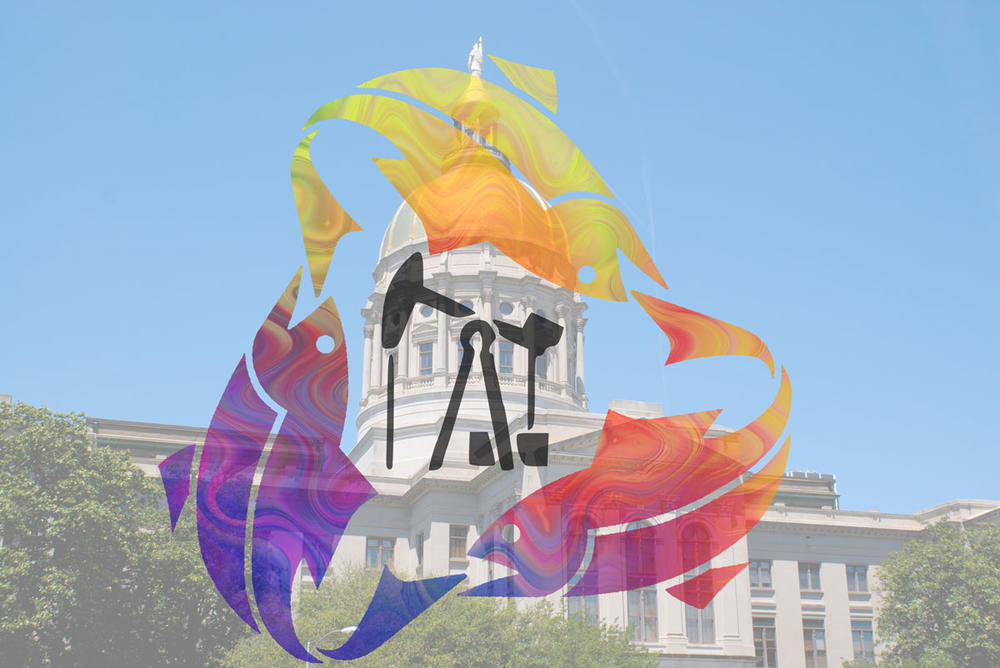Section Branding
Header Content
SINE DIE ANOTHER DAY: New Pipeline Regulations Pass, 1979 Shore Protection Act Remains Unchanged
Primary Content
State lawmakers passed new regulations for oil pipelines in Georgia on Thursday, the last day of the 2017 legislative session. Environmental groups and the petroleum industry applauded the legislation.
If Gov. Nathan Deal signs it into law, the bill would add a layer of permitting to the process of building a pipeline: companies would need to obtain permits from the Environmental Protection Division and the Department of Transportation regardless of whether they plan to build on private property using the power of eminent domain.
The bill also includes requirements for notifying the public and creates an appeals process to challenge pipelines in court.
Georgia Petroleum Council Executive Director Hunter Hopkins said the bill balances the concerns of private property owners, environmentalists and pipeline companies, calling it “an all-around good bill.”
“It gives landowners the opportunity to have a say-so. It gives them proper notice,” he said. “It also, those extra steps with EPD permitting, will help the EPD better gauge what environmental impacts a pipeline project might have.”
Savannah Riverkeeper Tonya Bonitatibus also praised the bill. She said it “pushes the responsibility of proving why the pipeline should be allowed to come into Georgia back onto the [pipeline] company” instead of requiring the state to prove why a pipeline should be denied.
Bonitatibus called that change “a more rational set of procedures.”
The original legislation passed by the Senate included a ban on pipelines in the 11-county coastal zone, which environmental groups hailed as a way to protect the sensitive coastal ecosystem. Hopkins and others objected to that. They questioned the need to single out one region and argued it could create a slippery slope toward other regional bans.
A House subcommittee stripped that provision and several other protections for landowners and the environment.
That prompted the Senate to replace the language of HB 413, originally about public utilities, with much of the original pipeline bill. But the coastal ban didn’t make it into the final version.
-----
A bill that would have regulated hydraulic fracturing, or fracking, to explore for and extract natural gas in northwest Georgia failed to pass the legislature.
A group of senators added an amendment to HB 205 to require local governments to impose a surcharge on privately-owned landfills. The money would have paid to offset the impact of the landfill, fund public education efforts and cover other local expenses.
But the House rejected that change. Each chamber appointed three members to a conference committee, which did not issue a report.
-----
Several bills on coastal environmental issues failed to make it through this year’s session.
One of them, HB 271, would have redrawn the line that determines what the 1979 Shore Protection Act covers. Stakeholders agree the current method is outdated, but disagreement persists over the specifics of the new plan.
The bill’s sponsor, Rep. Jason Petrea (R-Savannah), asked to hold it until next year to make time for more input from the community. A Senate subcommittee agreed to look into the issue as well.
A trio of bills tightening the rules on coal ash, a byproduct of burning coal, failed to make the crossover deadline. The chair of the House’s Natural Resources committee appointed an ad hoc study committee to look at the issue.


